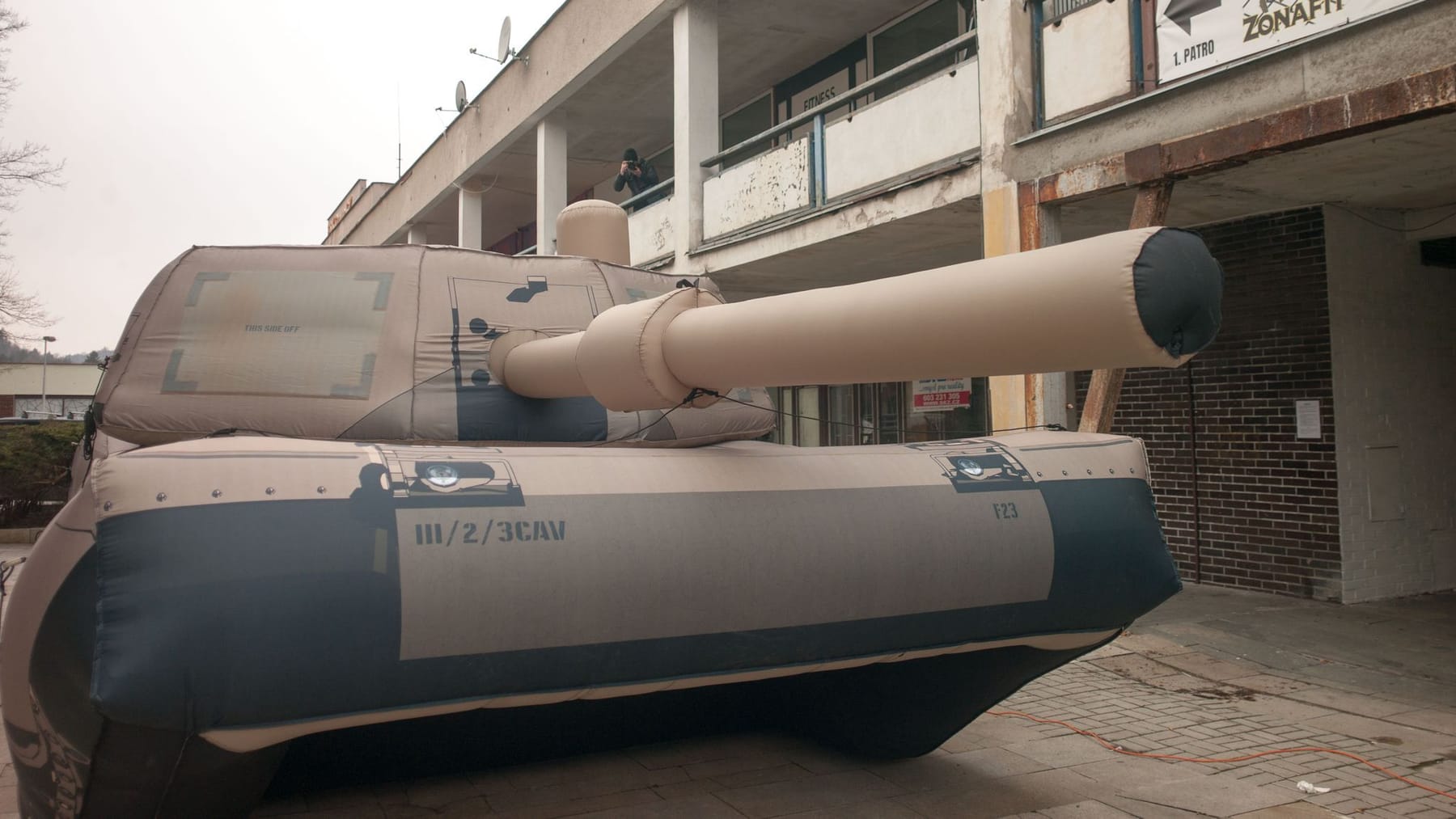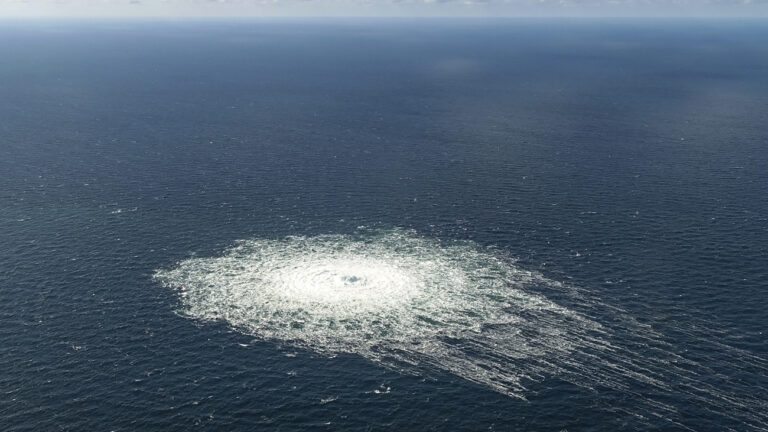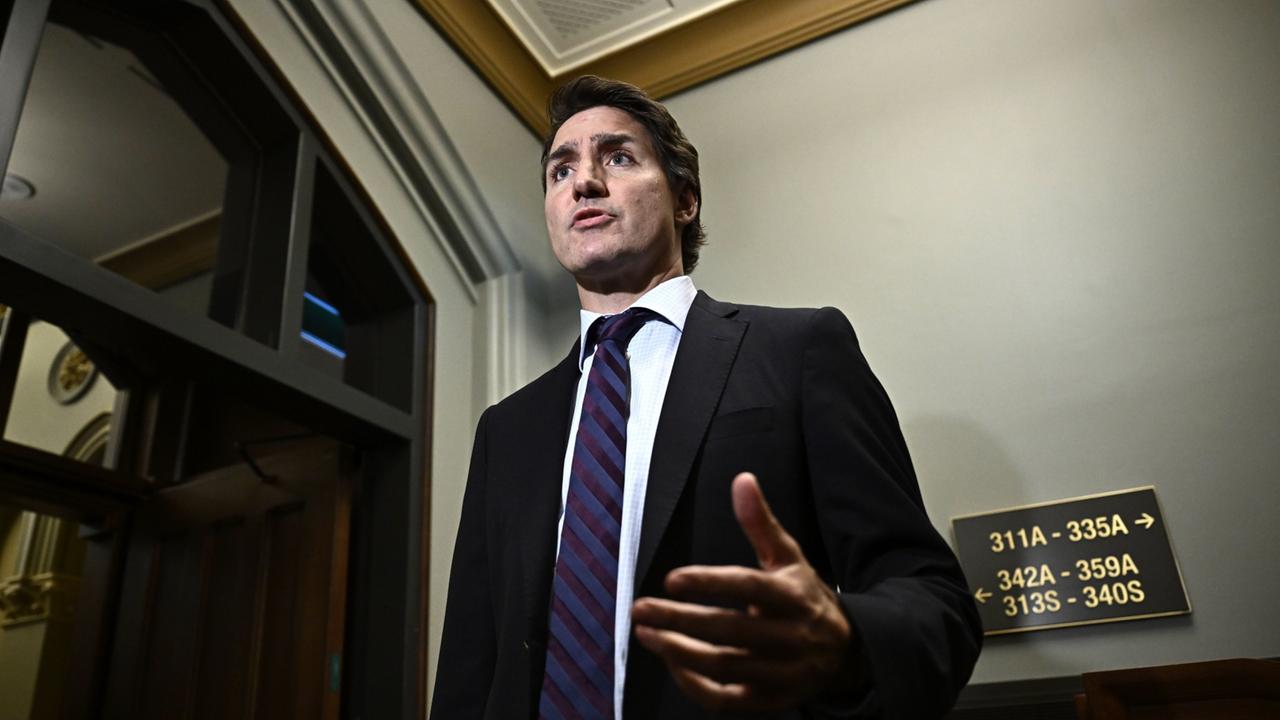The Russian sacrifice of combat power to hold every meter may alternatively be intended to support the Kremlin’s informational and hybrid warfare objectives. Russian President Vladimir Putin first acknowledged the start of the Ukrainian counteroffensive on June 9 by emphasizing two key and persistent narratives: that Ukrainian forces will not achieve significant successes due to well-prepared Russian defenses and that the Ukrainian forces are suffering heavy losses in personnel and Western military equipment. Putin and the Kremlin have been framing Russian defensive operations as a major battlefield victory, and persistent Russian counterattacks allow the Kremlin to claim these operations as individual victories amidst the general lack of Russian battlefield advances elsewhere. These efforts likely intend to erode support and trust in Ukrainian forces in Ukraine and the West. Putin may have ordered the Russian military command to hold all Russia’s initial defensive positions to create the illusion that Ukrainian counteroffensives have not achieved any tactical or operational effects despite substantial Western support. This informational undertaking can only succeed in the long run if Russian forces can actually prevent Ukrainian forces from breaking through and liberating large areas, however.
The Russian resistance to ceding ground may also be tied to Russian military commanders’ and officials’ attempts to use the counteroffensive to achieve political goals, or it could result from Putin’s micromanagement. A Kremlin insider source claimed that Putin reportedly gave Russian Defense Minister Sergey Shoigu a deadline of one month until early October 2023 to improve the situation on the frontlines, stop Ukrainian counteroffensives, and have Russian forces regain the initiative to launch an offensive operation against a larger city. The insider‘s claim, if true, may indicate that the Russian military command may be ordering relentless counterattacks in hopes of forcing the Ukrainian counteroffensive to culminate, even at a high cost to Russian military capabilities. ISW has previously observed instances in which the Russian MoD, fearing the imminent loss of Putin’s favor, intensified its efforts to purge commanders who offered honest but negative views and advice and pursued unachievable military objectives at the expense of Russian forces. The Russian MoD, for example, launched an unsuccessful and costly offensive on Vuhledar in February 2023 to undermine the domestic Russian informational effects of the Wagner Group’s progress in Bakhmut and maintain favor with Putin. Russian insider sources and milbloggers who have advocated for Teplinsky claimed that Shoigu has been focusing on setting conditions to convince Putin to remove Teplinsky from command – which would likely be achievable if Shoigu is able to achieve Putin’s objectives during the counteroffensive. One pro-Teplinsky channel even claimed that Chief of the Russian General Staff Army General Valery Gerasimov had already removed Teplinsky from overseeing the defensive operation in southern Ukraine, although ISW cannot confirm the validity of this claim at this time.

 Wow, was für eine Leistung
Wow, was für eine Leistung









